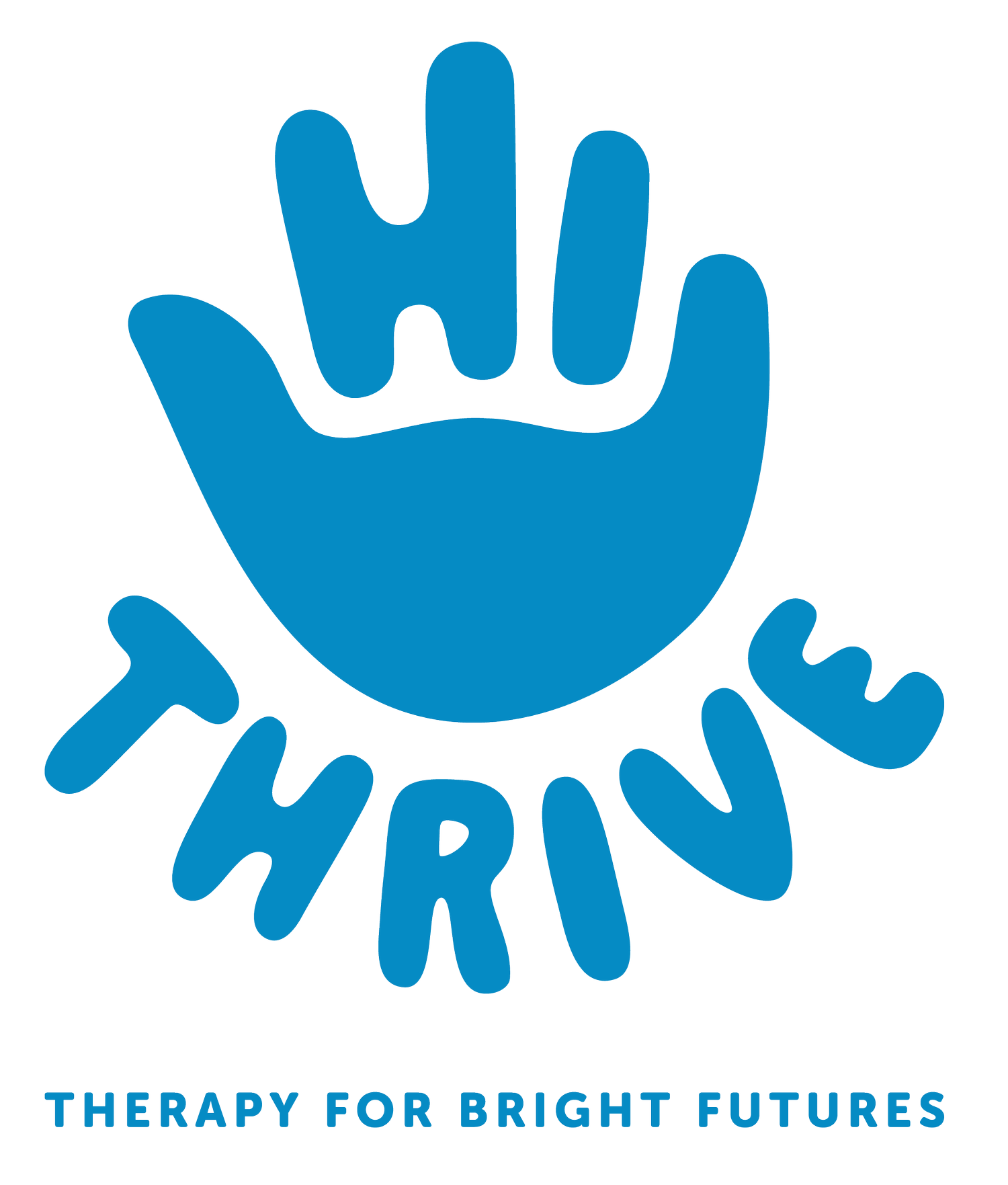Recognising Early Signs of Language Delay in Babies
As parents, the journey of watching our babies grow and develop is filled with excitement and anticipation. Language development is a significant milestone, and every baby progresses at their own pace. However, it's essential to be aware of early signs of language delay and know when to seek support from a speech pathologist. In this blog, we'll explore key indicators of language delay in babies and the importance of early intervention.
Understanding Typical Language Development
Before delving into signs of language delay, it's crucial to have a general understanding of typical language milestones. Babies typically start cooing, babbling, and making simple sounds in their first few months. As they grow, they begin to understand and respond to familiar voices, gesture, and eventually utter their first words around their first birthday.
Early Signs of Language Delay
Limited Babbling: Babies typically engage in babbling as a precursor to forming words. If your baby shows limited babbling or lacks varied vocalizations by six months, it might be a potential sign of language delay.
Limited Gestures: Babies use gestures like waving, pointing, or clapping to communicate before they can speak. A delay may be suspected if these gestures are absent or limited by 12 months.
Lack of Response to Name: By around six months, most babies respond to their names. If your baby consistently does not react to their name being called, it could be an early indicator of a delay.
Limited Eye Contact: Babies typically make eye contact during interactions. If your baby consistently avoids eye contact or seems disinterested in communication, it may be a cause for concern.
Delayed Onset of First Words: Most babies say their first words around the age of one. A delay may be suspected if your baby has not spoken any recognizable words by 15 months.
Difficulty Following Simple Instructions: Babies gradually learn to follow simple instructions like "wave bye-bye" or "give me the toy." Difficulty following these basic commands might signal a language delay.
When to Consult a Speech Pathologist
Early intervention is key in addressing language delays. If you observe one or more of the mentioned signs, get in touch with us:
By 12 months: your child isn’t using gestures, such as pointing or waving goodbye.
By 18 months: your child prefers gestures over vocalisations to communicate.
By 18 months: your child has trouble imitating sounds or has difficulty understanding simple verbal requests.
By 2 years: your child can only imitate speech or actions and doesn’t produce words or phrases spontaneously
By 2 years: your child says only some sounds or words repeatedly and can’t use oral language to communicate more than their immediate needs
By 2 years: your child can’t follow simple directions
By 4 years old, a child should be mostly understood, even by people who don’t know the child
By 12 months: Your baby doesn't babble, make gestures, or respond to their name.
By 18 months: Your baby hasn't spoken any recognizable words.
By 24 months: Your toddler is not combining words into short phrases.
The Role of a Speech Pathologist:
Speech pathologists are specialists trained to assess and treat speech and language disorders. If you suspect there may be something wrong with your child’s language development, then reaching out to a speech pathologist for support is the next important step to take. Speech pathologists play a crucial role in identifying language delays, developing intervention plans, and providing strategies for parents to support their child's communication skills.
Every child is unique, and developmental milestones can vary. However, recognizing early signs of language delay empowers you as parents to take proactive steps towards intervention. Consultation with a speech pathologist can make a significant difference in supporting your child's language development journey. By staying vigilant and seeking professional guidance when needed, we can ensure that every child has the opportunity to thrive in their communication skills from the very beginning.
